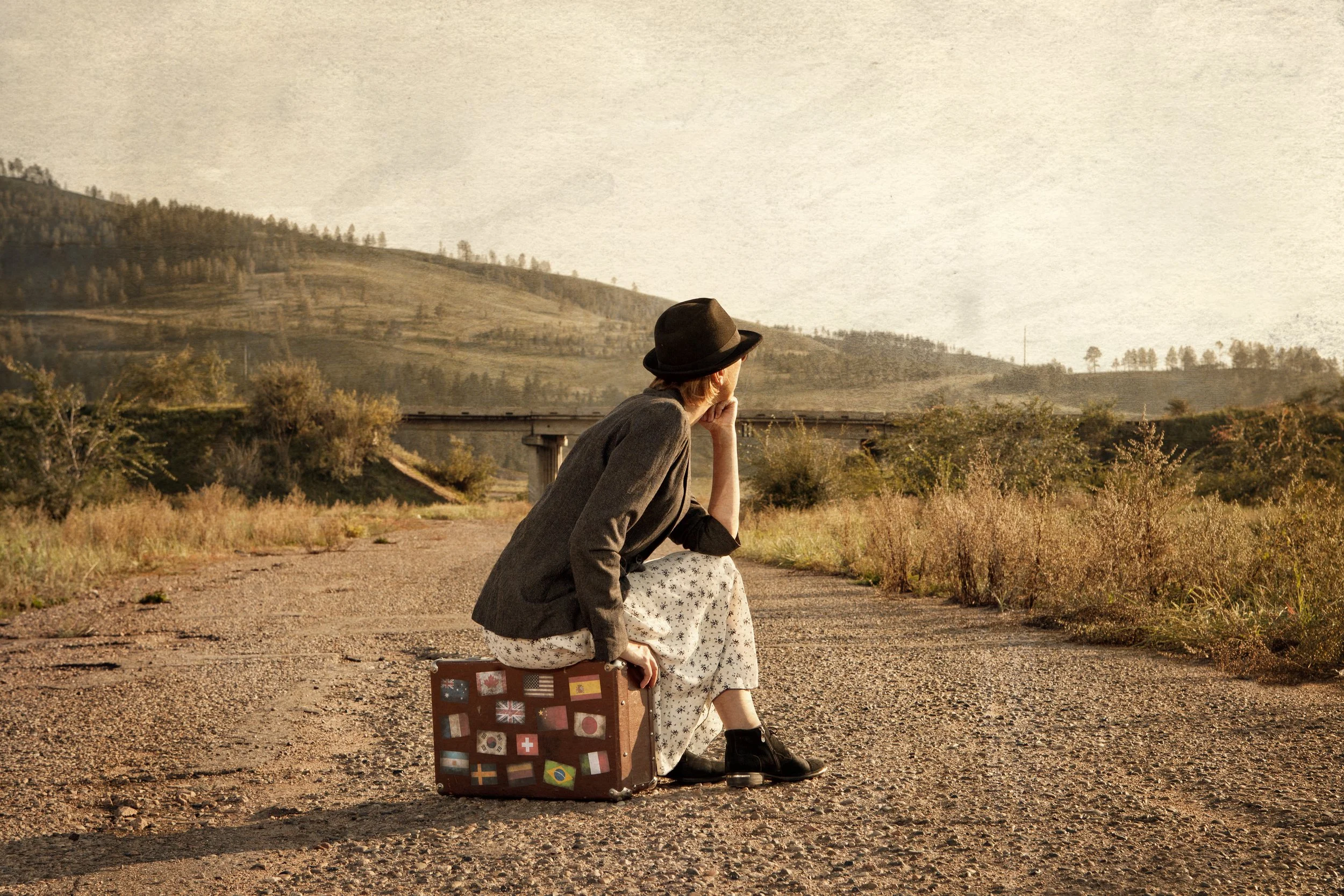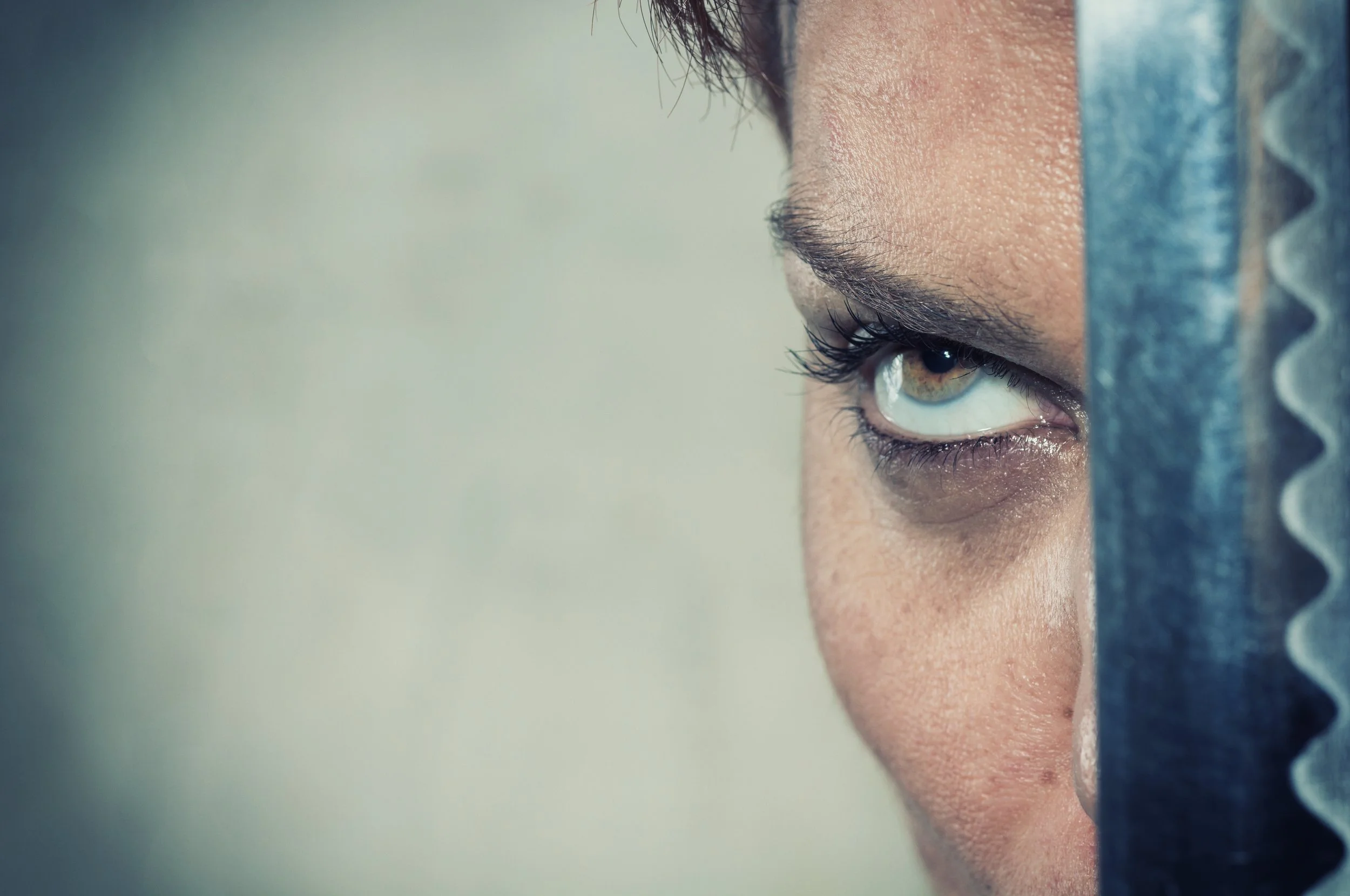Writing Advice Unpacked: Should You Create a World Readers Want to Visit?
Traditional advice says that you should create a fantasy world that your readers are dying to visit, and sure, that works for many stories. But what about those whose tastes run darker? Are we doomed? Read on to find out!
FYI: This post contains affiliate links. If you use these links to buy something we may earn a commission. For more information click here and thanks, as always, for your support!
Create a fantasy world that readers want to visit.
I’ve gotten this writing advice a few times from a few different places, and on the surface it makes sense.
We want to create cool things that our fans ooh and ahh over on each page. But sometimes, this advice can lead readers in the wrong direction as they start pumping their world full of meaningless magic and curious creatures that have no bearing on the plot.
Digging deeper, how does this advice apply to those of us who write dark fantasy stories set in horrific worlds that no sane person would want to spend time in?
I think this advice assumes that readers turn to fantasy for pure escapism. That readers are looking for stories in which innocent farm boys leave home to discover a world of wonder and the evil (usually dark-skinned, but you can read about that here) that threatens it from the outside. The implication: once the evil villain is defeated, the world goes back to being wonderful and idyllic.
Those stories can work. They can be enjoyable, escapist delights.
But that’s not the limit of what the fantasy genre can do and it certainly doesn’t represent my favorite books.
I love books in which the world itself is broken. Corruption is rampant. Much like our world, the system isn’t merely broken, it’s been designed to oppressed.
Which brings me back to our central question: why the heck would someone want to read about a world as broken as the one we’re already stuck with?
I have a theory.
When it comes to dark fantasy, it’s not about the world, it’s about the characters.
Don’t get me wrong, the worldbuilding still absolutely matters. The worldbuilding drives conflict, it informs who your characters are, what they believe and what they value. It gives them a cause to fight against. And of course, some of the horrific things you design to kill your characters are going to be super cool. But a laundry list of ways to die isn’t enough to keep readers turning pages (on that note, a laundry list of any kind of worldbuilding isn’t enough to keep readers hooked for an entire story).
Dark fantasy often includes brutal worlds that no reader would want to visit, much less live in. So what’s the appeal? The strong, heroic characters who fight to make things just a little bit better.
But when it comes to dark fantasy worlds, worlds that need to be torn apart and rebuilt from the ground up, it’s actually the characters who draw readers in and make them want to stay put.
We might not want to spend time in a brutal world that tests us at every turn, but we sure as hell want to stick with the strong, passionate characters who are willing to stand up and fight for change.
Take Brandon Sanderson’s Mistborn as an example.
Do I want to live in a world that constantly rains ash? Do I want to be a skaa?
Heck no.
But do I want people like Kelsier and Vin and the rest of their crew working behind the scenes, risking life and limb to create change even in the face of seemingly insurmountable odds.
The world of Anne Bishop’s Black Jewels series is equally bleak. Corruption runs rampant and sexual violence is used as a tool to warp women’s minds and prevent them from performing all but basic magic. It’s a place few would want to visit. But readers still fall in love with the series. Why? Because of the characters: Jaenelle Angelline, Luciver Yaslana, Daemon Sadi and many others, who start with a dream for a better world and then fight for it to become reality.
And what about the BookTok phenom Fourth Wing by Rebecca Yarros?
You won’t catch me rushing to sign up for a brutal war college where painful deaths at the hands of your classmates are the norm. But add a resilient heroine, a supportive best friend and a plethora of protective bad boys to the mix—sign me up! And with almost 66,000 5-star reviews on Amazon, it appears that I’m not alone.
That doesn’t mean your characters need to be perfect paragons of moral goodness either. Each of the characters I mentioned above has flaws. Some small, some major. Some qualify as downright anti-heroes. It doesn’t matter. Beneath the violence and anger and whatever other baggage they carry, each one stands up for what’s right and protects those weaker than them in the social hierarchy. And no matter how hard they work to appear unaffected and unbothered, they care. And that keeps readers turning pages.
The real world is a difficult place and various identity markers related to race, gender, and sexuality can make it even harder to survive, much less thrive in it. When they crack open a fantasy read, readers aren’t necessarily looking to escape into a better world, they’re looking to escape into a world with better people. Heroines and heroes who battle the odds and save the day. As we watch them rise, developing the skills and strength to create change, some little part of us believes that we too can make a different.
In other words, as a fantasy writer, you don’t have to shy away from the darkness. You don’t have to create idyllic, enchanting worlds that are only threatened from the outside. Lean into the bleak, the disheartening, the painful. Then, give your readers characters to root for, beacons in the darkness who are willing to fight for what’s right—even if it takes a few books to get there.
In my humble opinion, fantasy fiction is at it’s best when it takes the very real problems of our world and explores them through the veneer of fantasy. That psychological distance, with a hefty dose of magic thrown in, makes them easier to bear, to investigate, to reconsider.
Though these fantasies aren’t pure escapism, they do offer something even more powerful: hope.
Hope that someday, with enough work and with people who are willing to do the hard thing, corruption can be rooted out and the world can be made better for everyone.
Happy writing!
FYI: This post contains affiliate links. If you use these links to buy something we may earn a commission. For more information click here and thanks, as always, for your support!

